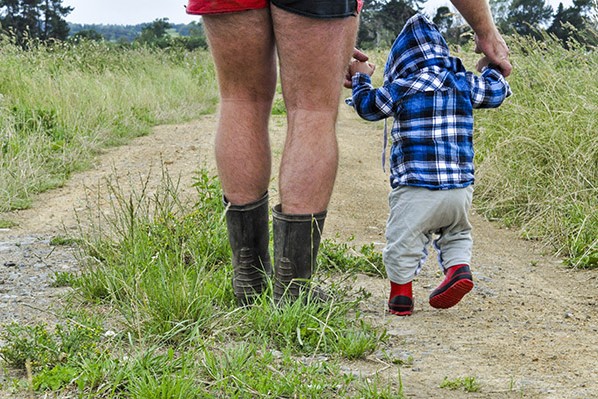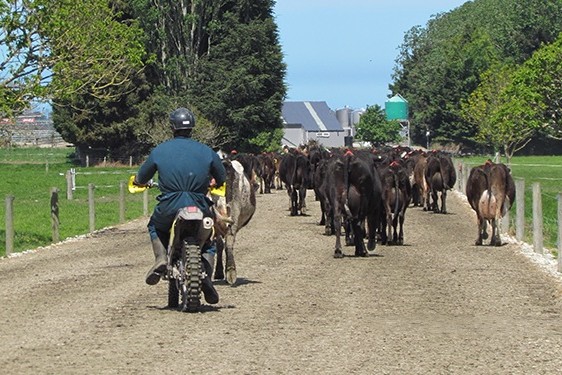Anne Hardie
New staff on dairy farms this spring will likely include more Kiwis from all walks of life and they may well be on 90-day trials because they have not been able to have face-to-face interviews with their employers.
That’s the prediction from FarmWise consultant Brent Boyce who says Covid-19 lockdown and ongoing border restrictions will change the profile of the dairy industry. This year, employers will have to be flexible, he says.
Many dairy farmers had already organised staff for next season when Covid-19 prompted restrictions on the country and the industry had become reliant on overseas workers who were no longer available, he says. At the same time, employers could not often get face-to-face interviews on the farm to check out prospective employees. Many Kiwis will be looking for short-term work and he says employers can negotiate casual employment agreements with those, while others will suit a 90-day trial to make sure both sides are happy with the role, with many hopefully making a career change to dairying.
“We have to be flexible and be prepared to change the way we have employed people in the past,” he says. “It could be someone who lives over the fence who gets paid by the hour.”
He knows one dairy farmer needing staff who had a diverse range of people applying for the job who would not have been seeking work on a dairy farm before Covid-19, though interviewing them was problematic.
“It’s incredible, the number of people coming out of the woodwork that are not from the dairy industry, but just looking for work. Some of those people haven’t got a job for next year and some farmers haven’t got staff for next year. But it’s also proving quite a hassle to get staff because it’s hard to interview them.”
He acknowledges 90-day trials will be hard for employees, especially those with families as it makes them very vulnerable. But it’s unusual times and farmers will in some cases be employing people without seeing them on a farm to judge their aptitude and attitude for the job.
 Many new employees may have little understanding about dairying and will need training, he says. Employers should understand that many will have been used to 40-hour weeks and not working weekends. Now they will be looking at 50-hours or more a week in their new job on a dairy farm. Employers may need to restructure rosters for a while and how they pay new staff from other industries.
Many new employees may have little understanding about dairying and will need training, he says. Employers should understand that many will have been used to 40-hour weeks and not working weekends. Now they will be looking at 50-hours or more a week in their new job on a dairy farm. Employers may need to restructure rosters for a while and how they pay new staff from other industries.
“In reality there is going to be a need for many Kiwis to have a career change. It’s an opportunity for a job in an essential industry and we’re looking at restructuring the whole labour market.”
When farmers need to find temporary or short-term staff due to Covid-19, Norris Ward McKinnon solicitor, Emma Thomson Learmonth says they have the choice of fixed-term agreements versus casual work.
For some farmers, workers have been unable to come back from overseas because of Covid-19 restrictions, or there is the potential of workers becoming unwell from the virus and replacement staff are needed.
She says fixed-term agreements are used when employers want to employ staff for a specific period and there needs to be a genuine reason for employing them for a fixed period. If the fixed term is likely to be less than 12 months, employers can pay the worker 8% of their gross pay each pay cycle to meet their minimum leave entitlements.
That should be discussed and agreed with the worker at the outset of the employment relationship, she says. An employment agreement is key in a fixed-term agreement. Most include when or how the employment relationship will end, plus a genuine reason for the fixed term.
Casual work on the other hand, is when employers want to employ someone when and where, as required, with no guarantee of hours and no ongoing expectation of work. It means the casual worker can also decline work.
When a worker is employed to replace another for a period, she says it may be better to have a project-based approach.





